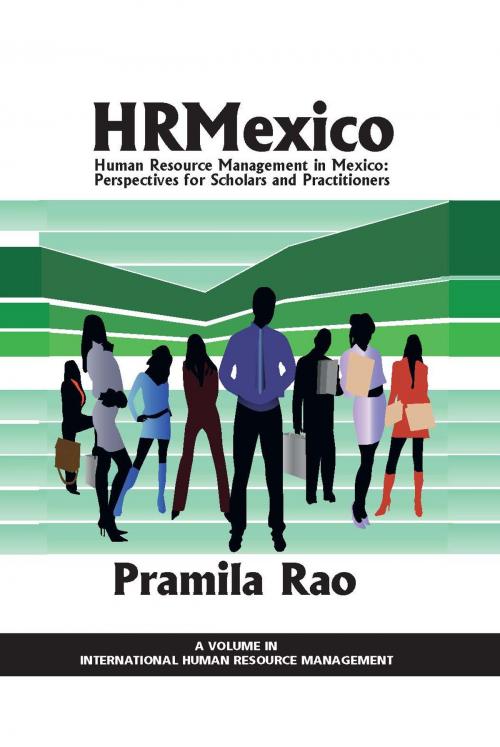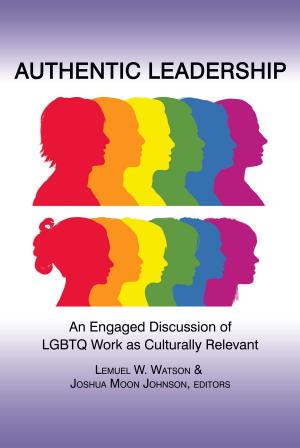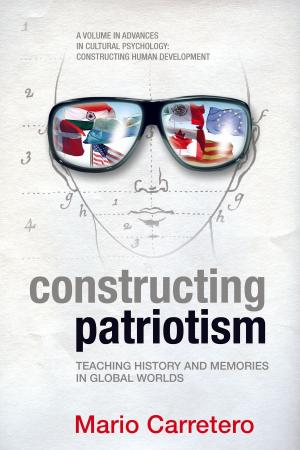Human Resource Management in Mexico
Perspectives for Scholars and Practitioners
Business & Finance, Economics, International, Management & Leadership, Management, Human Resources & Personnel Management| Author: | ISBN: | 9781617357305 | |
| Publisher: | Information Age Publishing | Publication: | February 1, 2012 |
| Imprint: | Information Age Publishing | Language: | English |
| Author: | |
| ISBN: | 9781617357305 |
| Publisher: | Information Age Publishing |
| Publication: | February 1, 2012 |
| Imprint: | Information Age Publishing |
| Language: | English |
The main objective of this book is to provide students, scholars, and practitioners a detailed background on the human resource management (HRM) practices in Mexico. This book provides ten distinguishing chapters focusing on the core functions of HRM in Mexico. The writing and researching for this book took almost a year (June 2010 to May 2011). Scholarly databases of ABI Global Inform, Business Source Complete, Google Scholar among several others were diligently searched for relevant articles for each chapter. A comprehensive bibliography is provided at the end of the book. Each chapter has its learning goals, discussion questions, and team activities to engage students in active learning. Each chapter also provides an implication section for multinational practitioners. The chapter on "best practices" includes qualitative interviews with the HRM leaders of the "best companies." This book has 15 tables and two appendices that provide important information on the main concepts from the various chapters.. There is paucity in the literature in obtaining consolidated information on Mexican HRM practices. This book addresses this dearth in the international literature by providing individual chapters on the different HRM practices adopted in Mexico. The information in this book provided will be beneficial for both scholars and practitioners.
The main objective of this book is to provide students, scholars, and practitioners a detailed background on the human resource management (HRM) practices in Mexico. This book provides ten distinguishing chapters focusing on the core functions of HRM in Mexico. The writing and researching for this book took almost a year (June 2010 to May 2011). Scholarly databases of ABI Global Inform, Business Source Complete, Google Scholar among several others were diligently searched for relevant articles for each chapter. A comprehensive bibliography is provided at the end of the book. Each chapter has its learning goals, discussion questions, and team activities to engage students in active learning. Each chapter also provides an implication section for multinational practitioners. The chapter on "best practices" includes qualitative interviews with the HRM leaders of the "best companies." This book has 15 tables and two appendices that provide important information on the main concepts from the various chapters.. There is paucity in the literature in obtaining consolidated information on Mexican HRM practices. This book addresses this dearth in the international literature by providing individual chapters on the different HRM practices adopted in Mexico. The information in this book provided will be beneficial for both scholars and practitioners.















